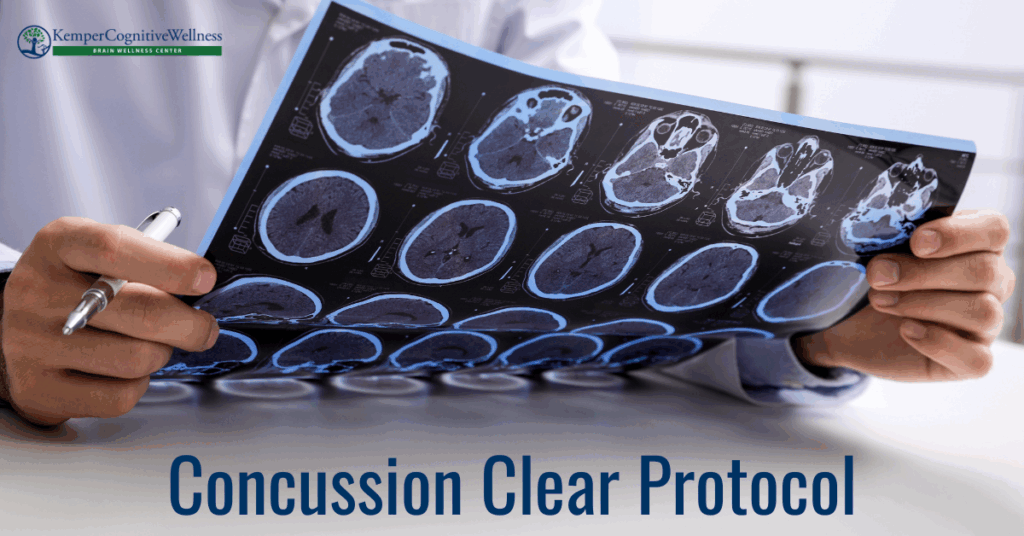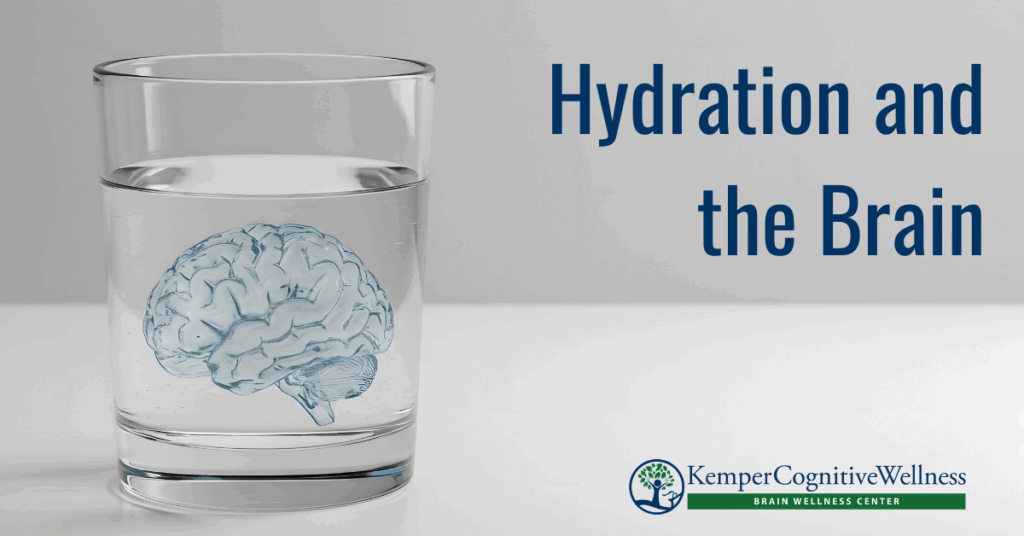Published in the Wall Street Journal, July 15, 2019
By Sumathi Reddy
With a simple at-home genetics test, some people are learning they have a higher risk of Alzheimer’s. Can they do anything to prevent the disease?
When Theresa Braymer can’t remember a word or name, she sometimes second-guesses herself.
At 59, she is young to be showing signs of late-onset Alzheimer’s. But she has a gene variant that substantially increases her risk of developing the disease. “I was shocked to find out” about the gene variant “because I don’t have a family history of Alzheimer’s disease,” said Ms. Braymer, a retired Navy commander who lives in the Denver area.
Everyone has two copies of the apolipoprotein E, or APOE, gene—one inherited from each parent. There are three variants of the gene. The e4 variant is associated with a heightened Alzheimer’s risk.
About 20% of the population has one or two copies of the e4 variant, said Rudy Tanzi, professor of neurology at Massachusetts General Hospital and Harvard Medical School and co-director of the McCance Center for Brain Health. One copy increases your risk of developing Alzheimer’s disease three- to four-fold, according to studies. About 2% of the world’s population has two copies of the e4 variant, which can increase the risk by as much as 14-fold, Dr. Tanzi said.
Ms. Braymer is one of them. Like many people aware of their APOE status, Ms. Braymer learned about it five years ago after taking a genetic test sold online by the company 23andMe. Many consumers are in a quandary when the test reveals the risk of a disease for which there is neither a clear prevention strategy nor a treatment.

A spokesman for 23andMe says customers who buy their health and ancestry kits can receive free additional reports on sensitive health risks, such as the APOE gene if they read through educational material. He says about 70% of customers opt to receive the information.
Facebook , Reddit and other sites have groups for people who test positive for APOE4. Ms. Braymer joined one, ApoE4.Info, in 2014, shortly after it was formed, and now is vice president of its board. The nonprofit group has thousands of members around the world.
There is no advice derived from randomized-controlled trials—the gold standard in medicine—on preventing Alzheimer’s disease. But most doctors agree that regular exercise, adequate sleep and a heart-healthy diet can lower the risk. “The Healing Self,” which Dr. Tanzi wrote with Deepak Chopra, advocates for protecting the brain by focusing on sleep, exercising, learning things, controlling stress and hypertension, as well as maintaining social interaction and a healthy diet.
Dr. Tanzi said he receives between a dozen and two dozen emails a day from people who took a direct-to-consumer genetic test and tested positive for the APOE4 variant. He tells them the gene doesn’t guarantee that they will get the disease and that many other risk factors can protect or increase one’s risk.
“There are enough people doing these consumer genetic tests that you know that many more are finding out their APOE status than ever before,” Dr. Tanzi said. “The question is, is it useful? If knowing your e4 status is going to stress you out, well, stress is a risk factor. You have to think about the effect of the stress of knowing.” It’s also important to consider the consequences of family members inadvertently learning they may have the e4 gene variant, too, he noted.
The APOE gene teaches the body how to produce apolipoprotein E, which carries fats, such as cholesterol, from cell to cell. Most people have the APOE3 variant, which conveys no extra risk for Alzheimer’s—or protection against the disease, Dr. Tanzi said. A small percentage of the population has one copy of the e2 variant of the gene, which can protect against Alzheimer’s disease. The impact of the e4 gene varies greatly by individual. For example, African-Americans and men with the APOE4 gene have less of a risk of developing Alzheimer’s, studies show.
There are 35 other genes that influence one’s Alzheimer’s risk, Dr. Tanzi said. Researchers at the McCance Center for Brain Health are trying to come up with a genetic-risk test that takes into account APOE4 status, as well as other genes that influence the risk of the disease. They also are launching clinical trials on how sleep and exercise affect brain health, and a separate study on meditation.
Experts are split on whether there is any value to knowing your APOE status. The Alzheimer’s Association and the National Society of Genetic Counselors caution against routine genetic testing for Alzheimer’s disease without proper counseling. A spokesman for the Alzheimer’s Association said such tests have little value because they provide only general information about risk—and because there is no effective treatment for the disease.
Jason Karlawish, a professor of medicine and co-director of the Penn Memory Center at the University of Pennsylvania, has looked at the reactions of more than 3,000 people who have learned their genotype. “So far there is no significant uptick in psychological harm or acute psychological catastrophic reactions,” Dr. Karlawish said. His patients’ adult children often ask if he recommends genetic testing. “My standard answer is: Unless you have very particular reason you want to know your genetic risk, it’s not a very valuable test,” he said.
Robert C. Green, a professor of medicine in the division of genetics at Harvard Medical School, says there is a value to knowing your APOE gene status. He has published a series of studies since 1999 randomizing more than 1,000 people into groups where some people receive information on the version of the APOE gene they have. People who learned they have an increased risk of developing Alzheimer’s disease reported trying to change their lives. They also are more likely to report plans to purchase long-term care insurance.
“Not everything has a pill or medical-prevention plan, but many information-seeking persons can find all sorts of benefits in better understanding their risk of future disease,” Dr. Green said.
Dale Bredesen, a professor in the department of molecular and medical pharmacology at UCLA and founding president of the Buck Institute for Research on Aging, advocates for specific changes. His protocol—which costs $75 a month—entails getting regular blood tests to track markers such as insulin resistance and inflammation, as well as following a low-carb, high-fat diet, fasting intermittently and taking supplements. Dr. Bredesen says he has published two small studies and one 100-person study showing that his protocol can reverse cognitive decline in patients with mild cognitive impairment or Alzheimer’s disease.
But experts pointed out that his studies aren’t randomized controlled ones. Dr. Bredesen said he needs to build up anecdotal evidence to be able to do one. Many members of the ApoeE4.Info group, including Ms. Braymer, said they follow the principles of Dr. Bredesen’s protocol.
David Holtzman, professor and chair of neurology at Washington University School of Medicine in St. Louis, says there is no objective data that specific strategies work aside from a 2015 study conducted in Finland that showed that elderly people who were cognitively normal or had a mild impairment maintained or increased their cognitive ability over two years with exercise, cognitive training and vascular-risk monitoring.
“Right now,” Dr. Holtzman said, “if you lead an active, heart-healthy, pro-brain lifestyle, there’s not much that we can tell somebody that they should do differently.”
Would you take a genetic test that could change your life based on its findings? The Discovery program at Kemper Cognitive Wellness is a comprehensive diagnostic testing program that may identify risks for cognitive decline up to 30 years ahead of symptoms. Contact us today to schedule your Discovery. 216-337-1400





